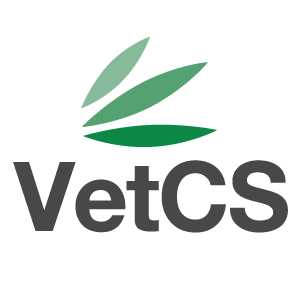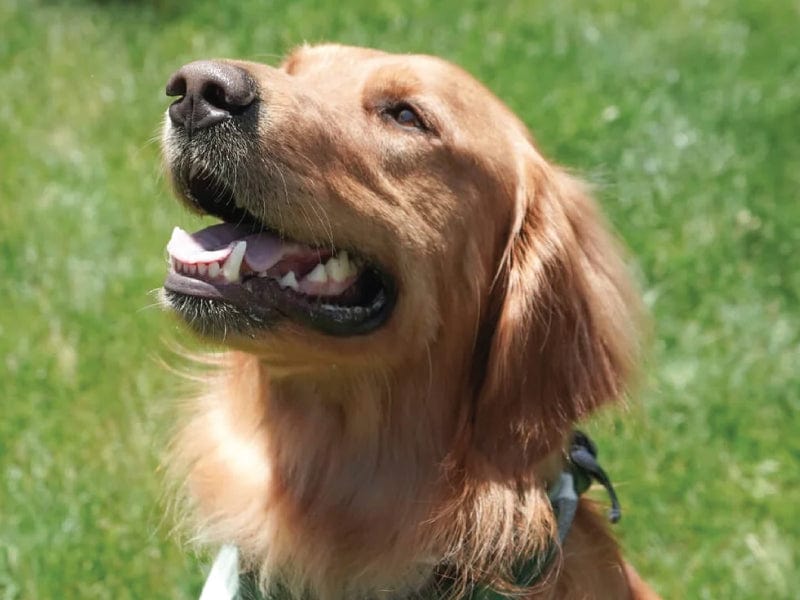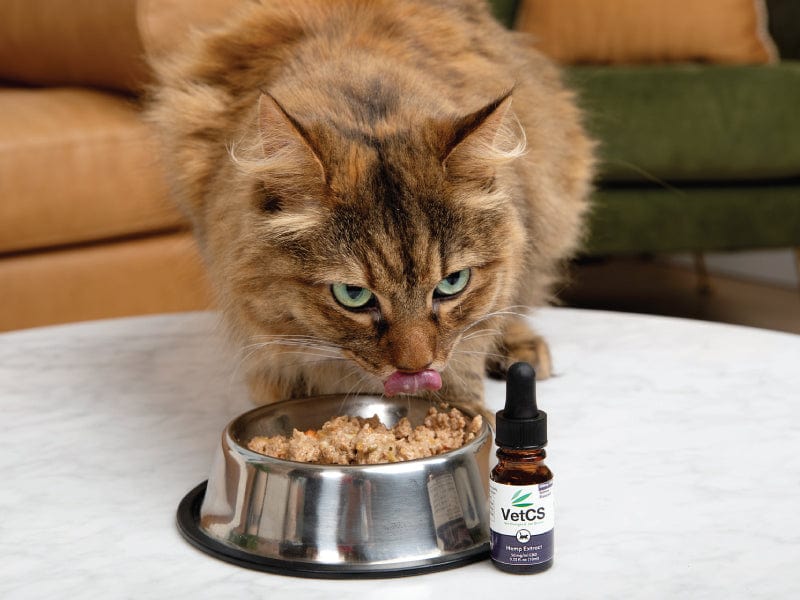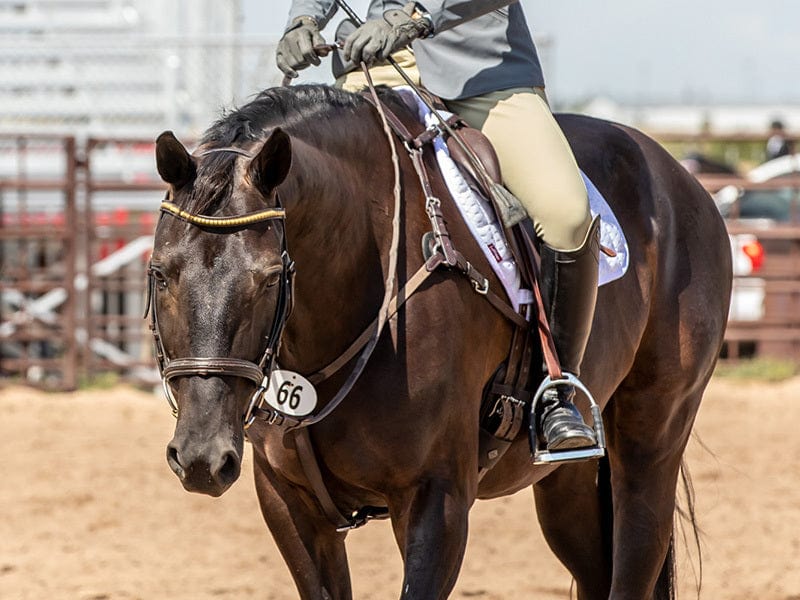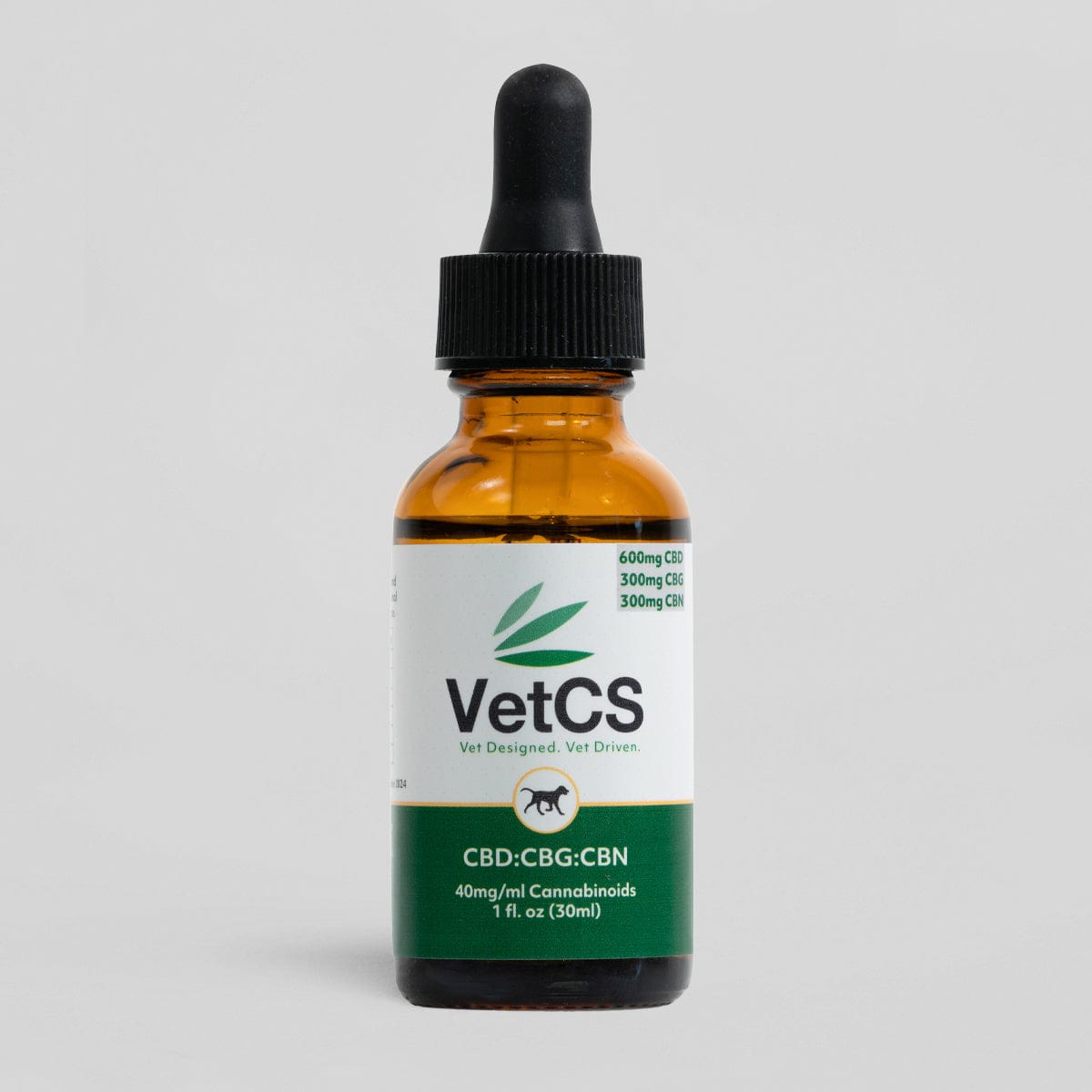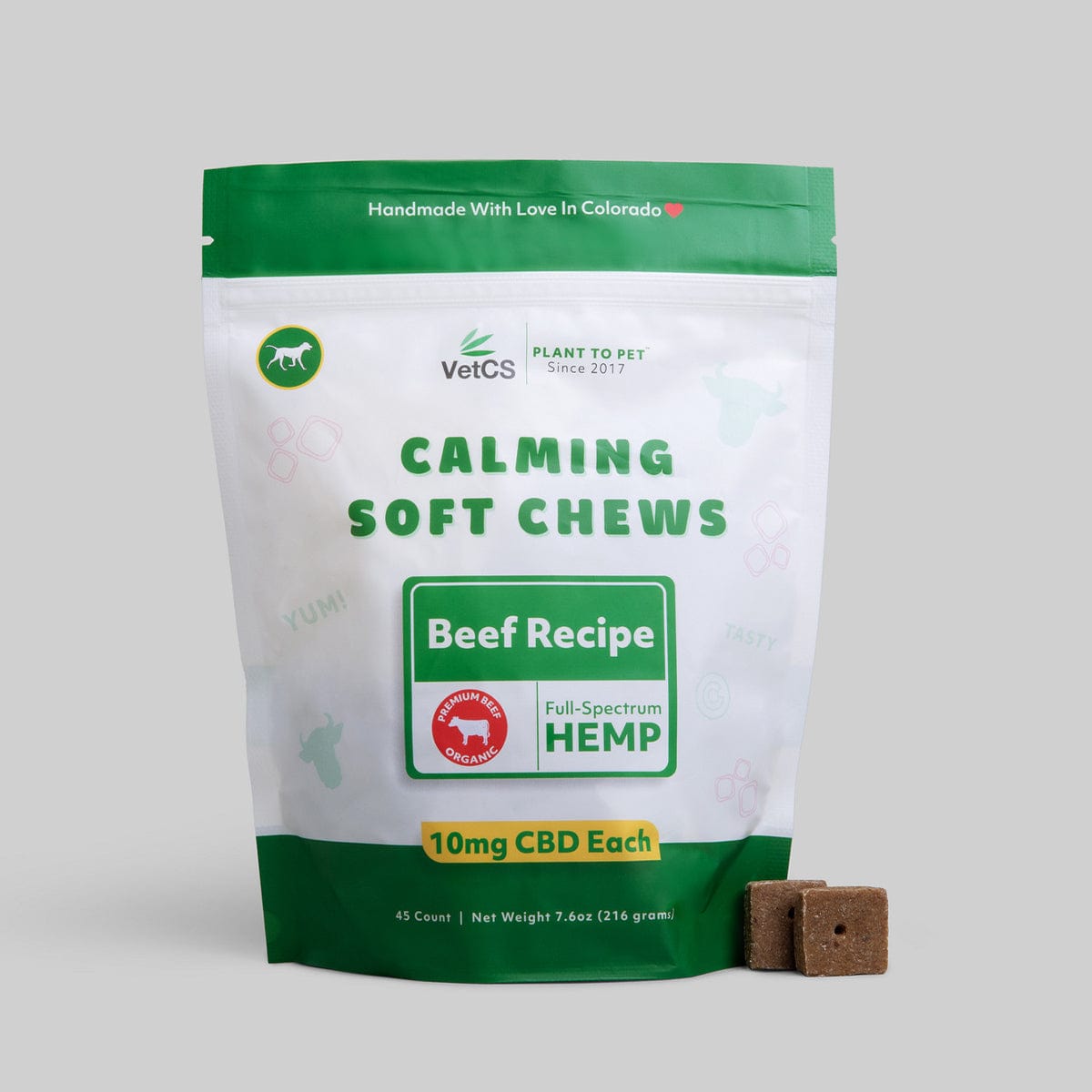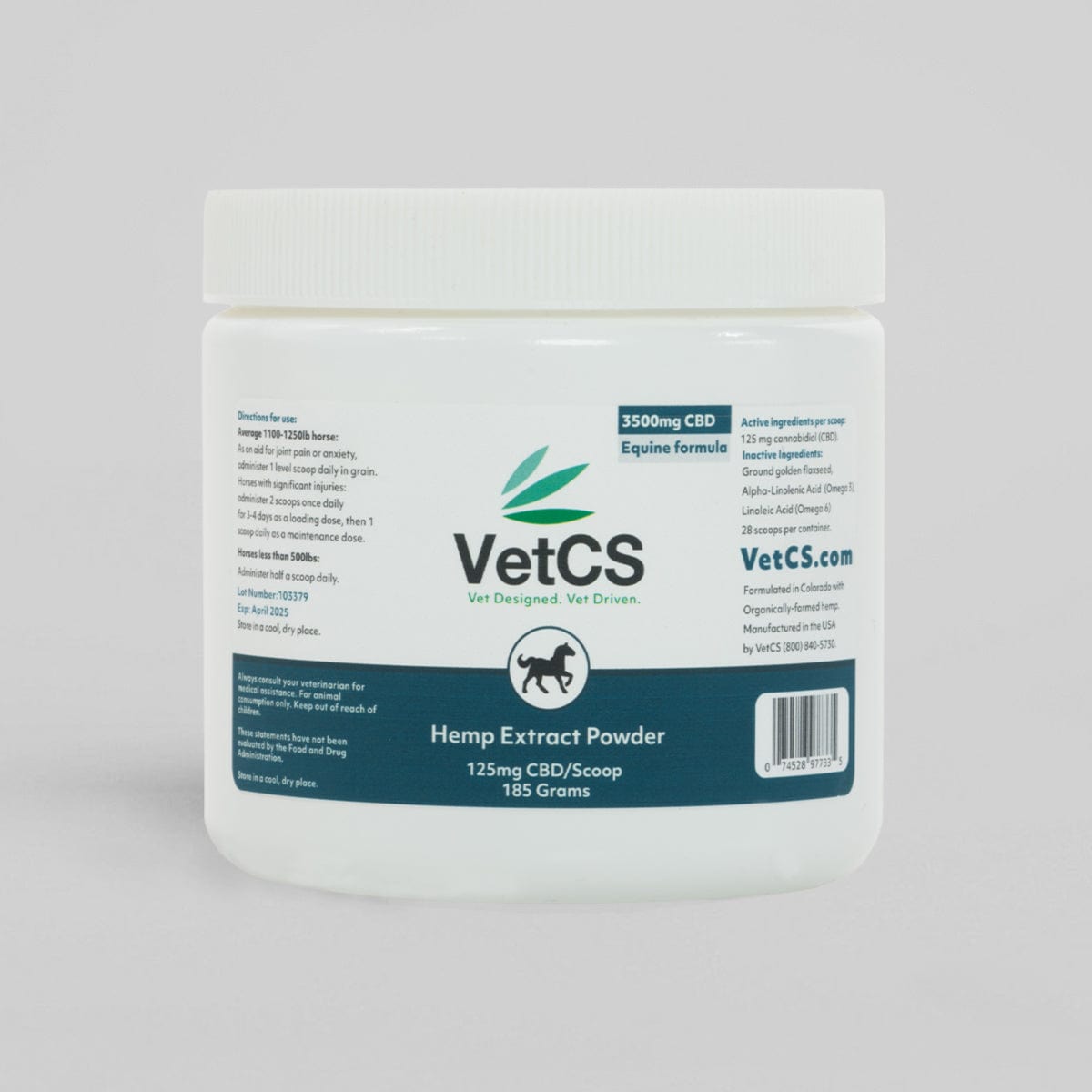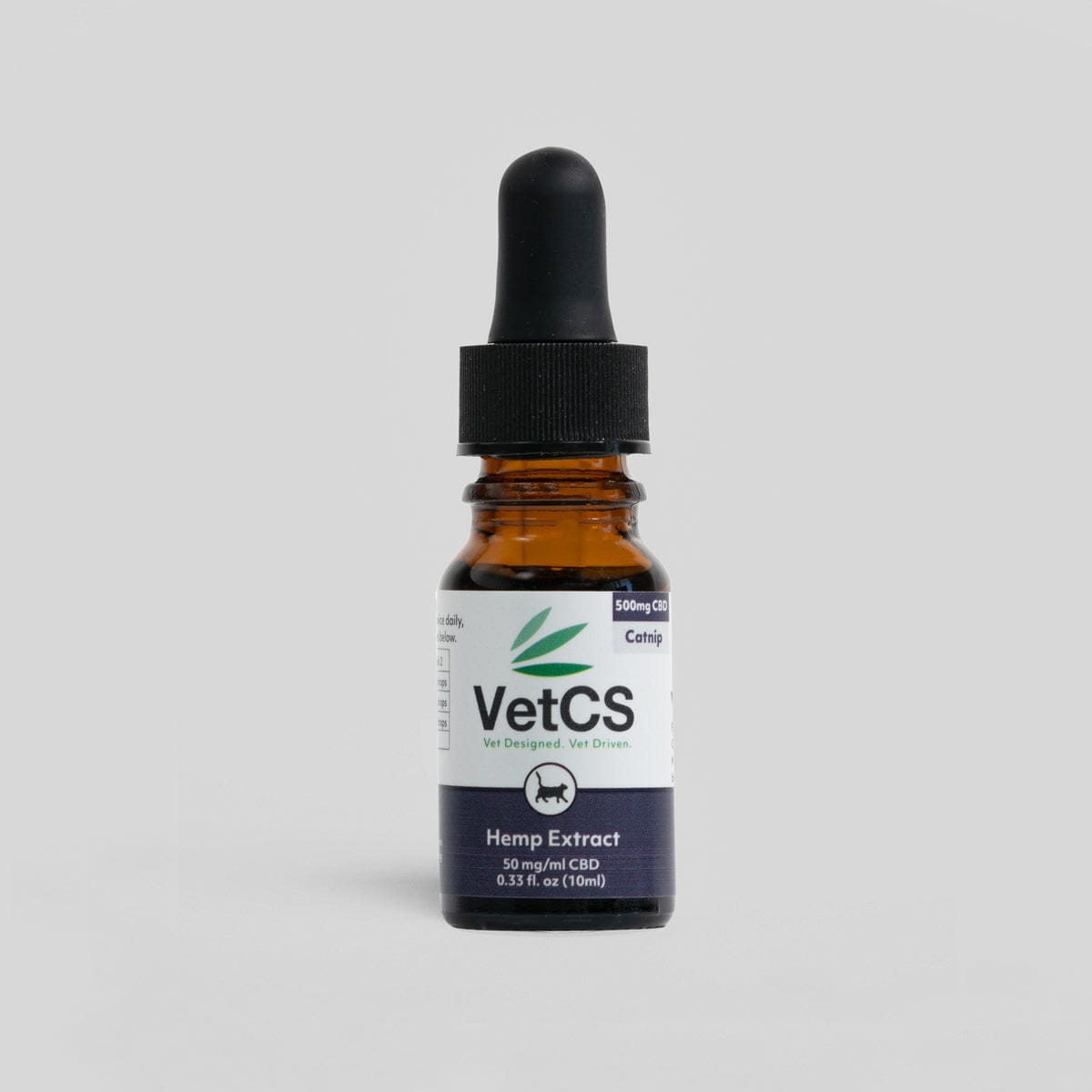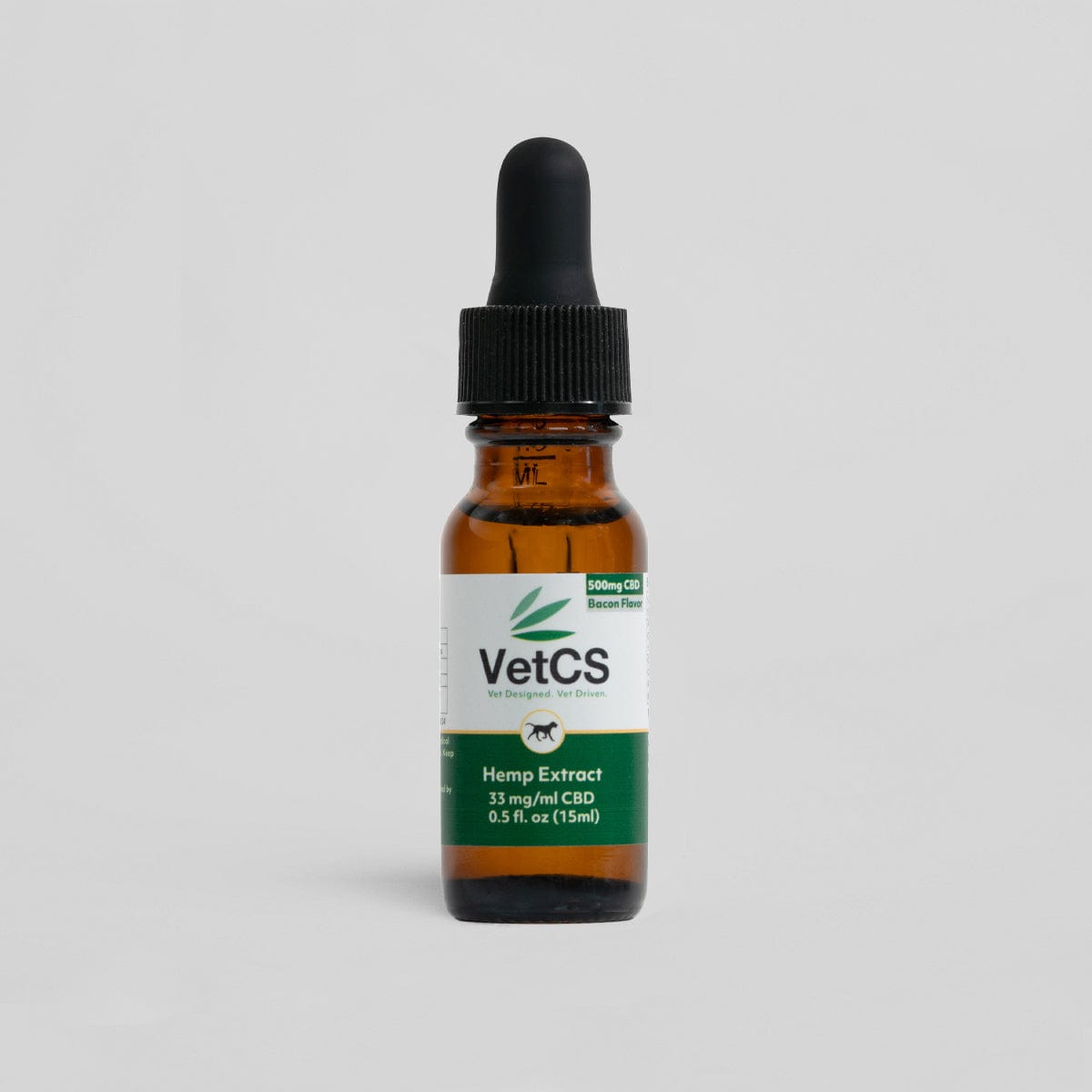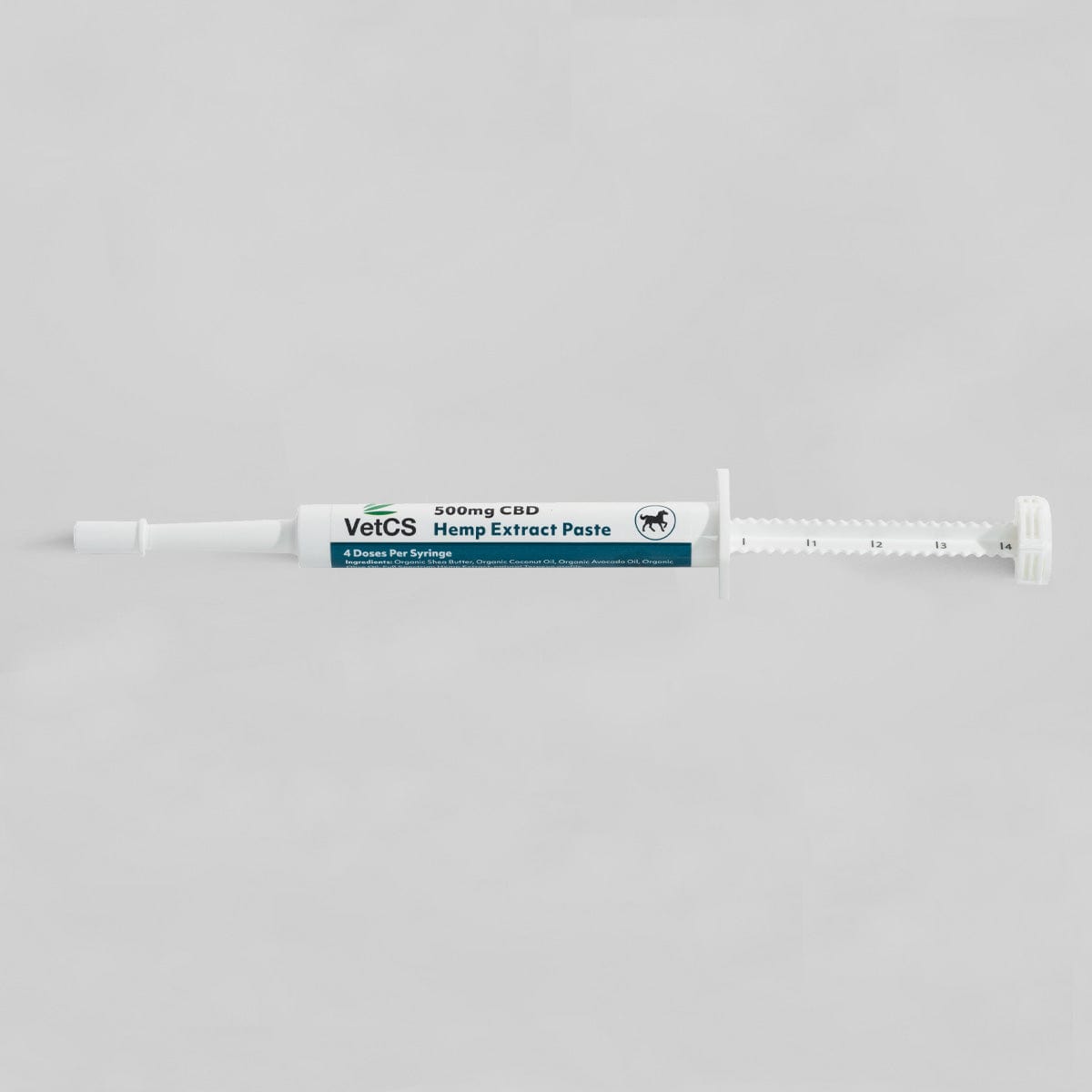
As Thanksgiving approaches, the aroma of delicious dishes fills the air, and it's only natural to want to share the joy of the feast with your canine companion. However, not all Thanksgiving foods are safe for dogs. Let's dive into the do's and don'ts to ensure your pup enjoys a safe and tasty Thanksgiving celebration alongside the family.
Foods Dogs Can Have:
Turkey:
Plain, boneless, and well-cooked turkey is a canine favorite. Remove excess fat and skin and ensure it’s free from any seasoning.
Sweet Potatoes:
These orange gems are rich in fiber and vitamins, providing a healthy and tasty treat for your dog. Just serve them plain, without any added sugars or spices.
Plain Pumpkin:
A spoonful of plain, canned pumpkin (not pie filling) can be a nutritious addition to your dog’s diet. It’s high in fiber and can aid in digestion.
Green Beans:
Fresh or lightly steamed green beans are a low-calorie, crunchy snack that many dogs enjoy. They also add a healthy touch to your pup's Thanksgiving plate.
Foods Dogs Can't Have:
Bones:
While it might be tempting to share the joy of a turkey leg, bones can splinter and cause serious harm to your dog. Stick to boneless, well-cooked meat.
Onions and Garlic:
Onions, garlic, and related ingredients are toxic to dogs, even in small amounts. Avoid sharing dishes that contain these ingredients.
Sweets and Desserts:
Chocolate, raisins, and foods sweetened with xylitol are harmful to dogs. Keep all desserts out of reach to prevent accidental ingestion.
Stuffing:
Traditional stuffing often contains ingredients like onions, garlic, and sometimes raisins, which are harmful to dogs.
Rich Gravies and Sauces:
Fatty and heavily seasoned gravies or sauces may cause digestive upset in dogs. Stick to plain, dog-friendly alternatives if you want to share the saucy goodness.
Conclusion
When it comes to sharing food with your furry friend, it's important to follow safe practices. Moderation is key, even with foods considered safe for dogs, as overindulgence can lead to stomach upset. Avoid the temptation to share table scraps directly; instead, prepare a separate plate of dog-friendly treats for your pup. Be cautious of counter surfers by ensuring that dishes are pushed back from the edge to prevent them from snatching food when you're not looking.
If you're unsure about the safety of a particular food for your dog, it's always a good idea to consult with your veterinarian. They can offer personalized advice based on your dog's specific health and dietary needs. Additionally, during gatherings with friends and family at your home, consider using VetCS calming aids to help your dog relax and enjoy the evening stress-free.
This Thanksgiving, sharing the holiday feast with your dog can be a joyful experience, as long as you keep their safety in mind. By offering canine-friendly alternatives and avoiding harmful ingredients, you can ensure your pup is part of the celebration without compromising their well-being. Here's to a Thanksgiving filled with gratitude, togetherness, and delicious, pet-friendly treats for your loyal companion!
